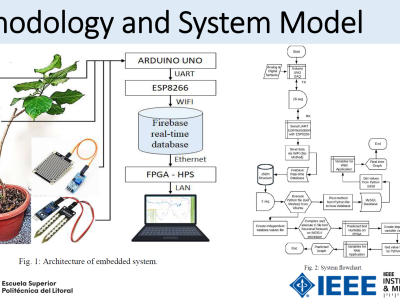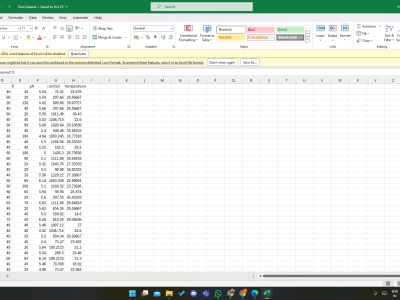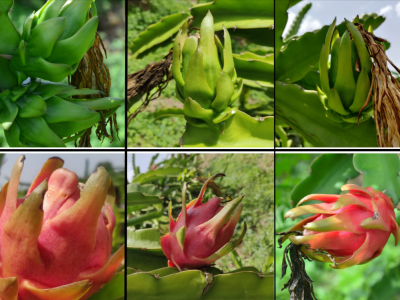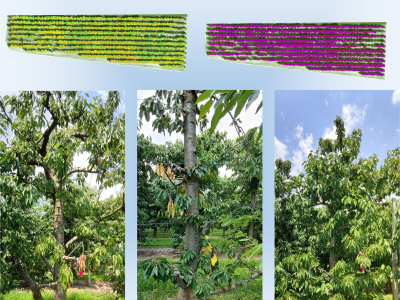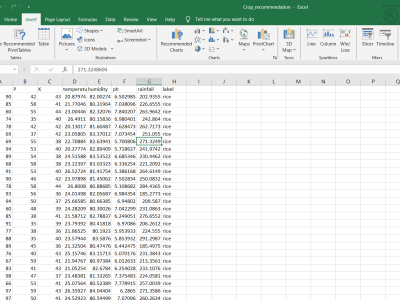Blockchain and IoT-Based Halal Traceability Framework: Evidence from the Philippine Cacao Industry

- Citation Author(s):
-
DHALLY ILISAN (Universiti Teknologi PETRONAS)
- Submitted by:
- Dhally Ilisan
- Last updated:
- DOI:
- 10.21227/jkxr-p086
- Data Format:
 7 views
7 views
- Categories:
- Keywords:
Abstract
The Philippine cacao industry continues to face major challenges in halal traceability due to fragmented supply chain practices, inconsistent certification standards, and limited digital infrastructure. With increasing global demand for halal-certified products, a robust, technology-driven solution is urgently needed to strengthen transparency, compliance, and market competitiveness. This study employed a mixed-methods sequential explanatory design. Quantitative data were gathered through surveys administered to 272 stakeholders across the halal cacao supply chain—including farmers, processors, distributors, consumers, exporters, regulatory bodies, and halal certifying agencies. These findings were validated through focus group discussions (FGDs) with nine(9) domain experts representing blockchain, IoT, and halal supply chain management. Survey results revealed low readiness for blockchain and IoT adoption, limited technical awareness, and fragmented traceability mechanisms. Expert validation highlighted critical gaps in compliance verification, infrastructure support, and stakeholder coordination. The proposed Blockchain and IoT-based Halal Traceability Framework integrates blockchain for tamper-proof recordkeeping, smart contracts for automated halal compliance enforcement, and IoT sensors for real-time monitoring. The system improves operational efficiency, strengthens certification integrity, and enhances consumer trust in halal-certified cacao products. Successful framework adoption requires addressing high implementation costs, limited digital literacy, and regulatory misalignment. To overcome these barriers, the study outlines a set of prioritized recommendations: pilot testing in key regions, government subsidies for smallholders, standardized certification processes, IoT deployment, and national blockchain registry development. Future research should explore cross-sector applicability, AI-enhanced analytics, and consumer adoption to support full-scale implementation and global expansion of the Philippine halal cacao industry.
Instructions:
Please find attached the questionnaire used in my research. Kindly note that the following components are located in the Excel dataset file (not attached here):
- Qualitative results (including FGD questions, transcriptions, and theming analysis)
- Graphs and visual data representations
- Other supplementary information related to the study
Also, the questionnaire document carries the full title of my main research project, which may slightly differ in format from the working title used in other documents. All materials are consistent with the objectives and scope of the study.



